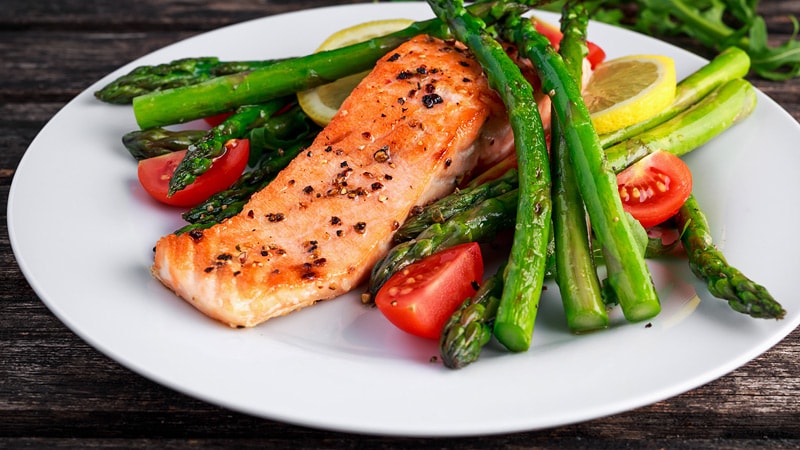2 things helped:
- Learning about what Diabetes actually is. (Insulin resistance - understand how insulin works, etc. and you're halfway there)
- Diet, specifically a low carb diet, combined with intermittent fasting.
Being diabetic means you're insulin resistant; the key is to reverse that resistance by trying to keep it low, by being careful what you eat, and how often.
Metformin is used to control your blood sugar - simply going on a keto diet would eliminate the need for medication (or at the least, drastically reduce the dosage)
I strongly recommend the book by Dr Fung entitled "The Diabetes Code" - there's a bit of 'blah blah' in there, but generally his advice is solid.
In all cases, consult with your doctor prior to ensure they are on board and can monitor/help you.
My experience of the low-carb Keto diet is that it's similar to the Newcastle Diet (which is basically fasting). It's something you can do for a relatively short period of time in order to shift weight, but you can't do it indefinately and unless something changes in your diet you'll just return to the same weight as before.
I do think "something else" is going on with obesity and we haven't worked out what it is yet. It's not as simple as "Calories in, Calories out".
That isn't true .. well, more accurately, you can Intermittently Fast for your entire life, as long as you know what you're doing. Even as simple as TRE (Time Restricted Eating), which is condensing your meal times into a block 8 hours or less - so 16/8 is normal (16 hours don't eat, then 8 hours consume all your calorific needs); 20/4 is what i do; 23/1 is OMAD (One Meal a Day) which works for some, most effective at reversing T2, but it can be hard to get all your calories into a single sitting.
You are 100% correct about it not just being "calories in/calories out". (Fung goes into this a lot more)
Keep hoping there would be an answer to this from somebody who actually did it,
But failing that, I know 5 ways to potentially do it.
- Kempner Rice diet ( sounds dubious, but the evidence is compelling)
- Bariatric Surgery
- Newcastle Protocol ( large scale UK study running now)
- Whole Food Plant Based diet
- Low Carb Keto Diet ( I would avoid this )
A guy named
McDougall in the US has some encouraging results with number 4 above.
Pure plant based diets I don't agree with; I don't know what the Newcastle Protocol is sorry; the rice diet (without investigation) sounds bad anyway for a diabetic as rice is mostly carbs, so eating it would spike your insulin levels - depends how often and how much I suppose; surgery is extreme, and generally used for weight loss (a side effect of being insulin resistant/diabetic); the only one I can comfortably comment on is the low carb keto diet being as that is what I do .. not sure why you would avoid that, but its a topic for discussion on another time perhaps.
*EDIT: Ah, OK,
Newcastle Protocol is a low calorie meal replacement system of 600 calories per day, with a supplement of 200 calories of veg. Well, you will deffo loose weigh which will start to fix things, but in the process your metabolism will become wrecked. As soon as you stop that diet, and go back to "normal" eating you will pile it all back on. Coming off those kinds of diets can be tricky. Not something I would consider, but if it works - go for it.

